€18.00 – €366.00
Black Tea CO2 (SELECT)
Adam Michael has this to say “The aroma of black tea CO2 from the bottle is very astringent, warm, bitter, and perhaps a little spicy and even floral. All the notes work very well together and from the heart to dry down I detect soft woody nuances. This material does contain ethanol and it adds a lot of oomph to the aroma.
On the skin I find the projection is somewhat limited. The aroma instead stays close to the skin, lasting for about 40 minutes. Initially when applied to the skin it is also a tad fatty and leathery in aroma. As for uses, well first this is a must for building brown notes and combining with other black tea materials, pairs especially well with mango leaf absolute, finds use within gourmand accords, helps build dirty floral notes and Oriental inspired compositions.”
Mark Evans has this to say “Tea notes did not actually appear in perfumes until the early 90’s, probably in response to the growing craving for fresh, clean, gender-neutral scents. The perfumer Jean-Claude Ellena, with his beautifully minimalist style, was one of the first to use a tea note in Bvlgari’s Eau Parfumee au The Vert in 1992, however it was created using synthetics.
All of the purely natural tea extracts are top note materials and have either grassy, earthy and floral notes for the green teas or strong, leather, tobacco and hay notes for black teas. They certainly don’t smell clean and fresh and maybe this was a contributing factor to the late uptake of tea notes in perfumery.
Here we have a fascinating CO2 extraction of black tea leaves. The scent is immediate and strong with astringent hay and tobacco notes and with a little smoky leatheriness. On the warmth of skin the scent is sweeter and includes a delicious roasted bran note. It really is a delight to experience.
Although similar to the absolute, the black tea CO2 is definitely stronger up-front and has heady, leafy-green, earthy aspects that are also found in violet-leaf and osmanthus absolutes. Because of this, I would recommend it for use in masculine fougere style perfumes as a shorter lived replacement for violet-leaf or osmanthus absolute. Black Tea CO2 blends well with tuberose, violet-leaf, osmanthus, narcissus, cassie, boronia, clary sage, cumin and the like.”
Botanical Name: Thea sinensis
Origin: Indonesia
Alcohol Soluble: Yes
Food Grade: Yes
Select/Total Extract: Select
Wholesale weights (all prices excluding vat): 100G = 140 Euros. 250G = 300 Euros.


 USA SHIPPING JUST €8.99 ON ORDERS OVER €350
USA SHIPPING JUST €8.99 ON ORDERS OVER €350
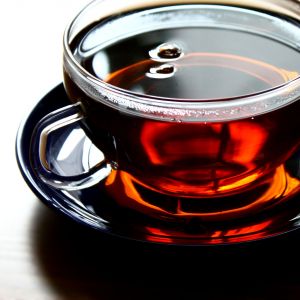
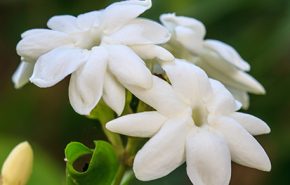

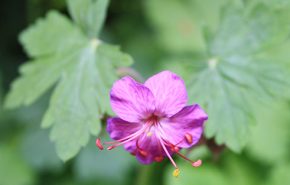
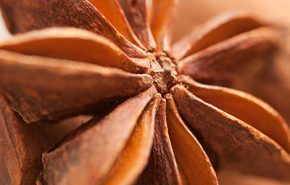
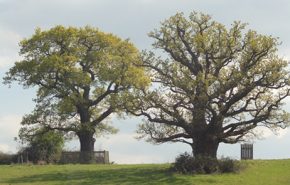
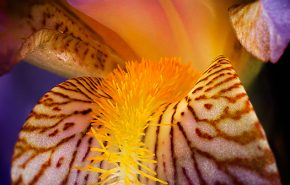
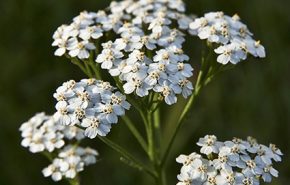

joseph1 (verified owner) –
The sheer dark depth of this black tea feels like dipping your whole brain into hours of steeped black tea leaves until you breakthrough a dimension of moist tobacco, wet autumn leaves on earth and cement post rainstorm. Unforgettable.
Anton Bulychev (verified owner) –
One of the most favourite and unforgettable materials!!!!!!!
Black tea smells like brew. The strong brew of Ceylon tea.
Like when you open a tin can in an old, wooden cottage on a summer morning.
The garden hasn’t woken up yet. And all living things are sipping in sleepy anticipation of the start of the day.
Hugs, Medea and Anton.